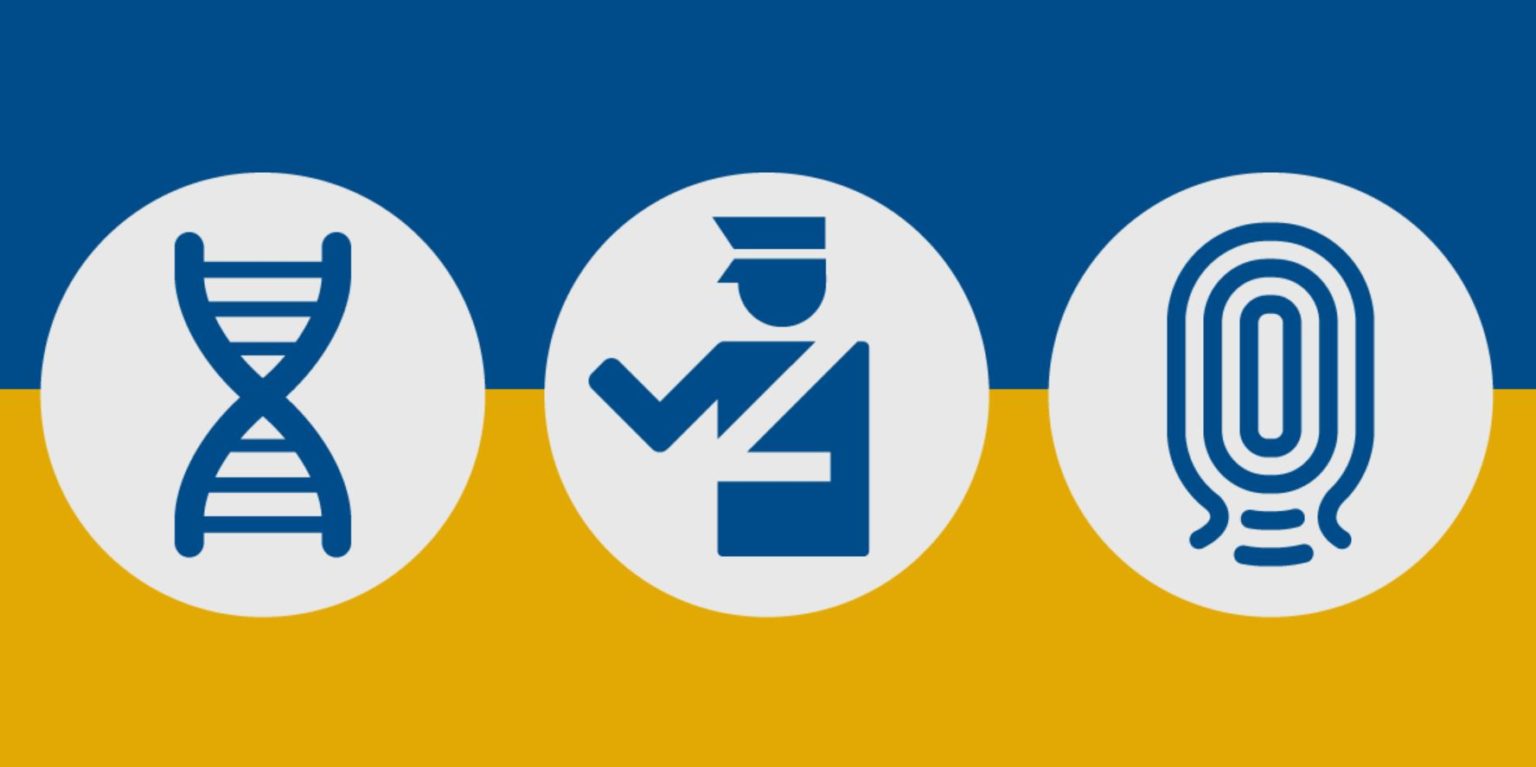by Jennifer Lynch, Saira Hussain, and Andrew Crocker, Activist Post:

Should the government be allowed to collect your DNA—and retain it indefinitely—if you’re arrested for a low-level offense like shoplifting a tube of lipstick, driving without a valid license, or walking your dog off leash? We don’t think so. As we argue in an amicus brief filed in support of a case called Thompson v. Spitzer at the California Court of Appeal, this practice not only impinges on misdemeanor arrestees’ privacy and liberty rights, but also violates the California Constitution.
TRUTH LIVES on at https://sgtreport.tv/
Since 2007, the Orange County District Attorney’s Office (OCDA) has been running an expansive program that coerces thousands of Orange County residents annually to provide a DNA sample in exchange for dropping charges for low-level misdemeanor offenses. Through the program, the OCDA has amassed a database of over 182,000 DNA profiles, larger than the DNA databases of 25 states. OCDA claims a right to indefinitely retain the DNA samples it collects and to share them with third parties who may use them in new and unknown ways in the future. Unlike state and federal arrestee DNA databases, OCDA does not allow anyone to have their DNA expunged from its database.
In 2021, two criminology professors from University of California, Irvine, William Thompson and Simon Cole, challenged OCDA’s program using a legal process called “taxpayer standing.” Under this process, anyone who pays taxes in the state can file a lawsuit to challenge government programs that constitute an illegal expenditure of public funds. This includes programs that violate the state or federal constitution, as alleged in this case.
The plaintiffs sued Orange County and the district attorney, alleging that OCDA’s program violates the California Constitution’s right to privacy. At the trial court, the defendants filed a demurrer (a motion to dismiss the case), arguing misdemeanor arrestees waived their privacy rights by consenting to the collection of their DNA in exchange for having their charges dropped. The trial court granted the motion, and the plaintiffs appealed.
Plaintiffs are right—Orange County’s program violates residents’ constitutional right to privacy and should be stopped. Our DNA contains our entire genetic makeup, which can be used to identify us in the narrow and proper sense of the word. But it also contains some of our most private information, ranging from our biological familial relationships to where our ancestors come from to our predisposition to suffering from certain genetically-determined diseases. Private companies have created a multi-billion dollar industry by purporting to link our DNA to our behavioral traits (are you an introvert or extrovert?), our preferences and aversions (do you like cilantro?), and even our physical appearance (do you have freckles?).
The OCDA’s DNA collection has serious implications for privacy and liberty, not just for the low-level arrestees who give up their DNA under the program, but also their biological relatives and wider communities. As the collection and analysis of DNA has become cheaper and more accessible over the past 30 years, law enforcement has pushed to collect more DNA, extract more information from DNA, and, through familial searching, use DNA to identify more and more people.
In many instances, the widespread collection of DNA has led to errors such as misidentification of suspects. It has also led to a disproportionate impact on certain communities of color. Research shows that across jurisdictions, DNA from Black communities is collected and stored in state-run databases at rates far higher than that of Black people in the population. In 2006, researchers estimated that, using familial searching, law enforcement could identify over 17 percent of the entire U.S. Black population through existing DNA profiles in the FBI’s CODIS DNA database. Given that this research was conducted when the database contained only 6 million profiles, rather than the 15 million it now contains, this figure could be much higher today.
California law authorizes state and local police to collect DNA from people convicted of crimes and anyone arrested for a felony. It does not authorize the collection of DNA from people arrested for misdemeanors, and Californians have explicitly rejected attempts to change that. The OCDA has been getting around this fact by offering to drop arrestees’ charges in exchange for their DNA. The prosecutor’s office claims arrestees have “consented” to the collection of their DNA and waived their constitutional rights.
There are strong reasons to believe arrestees’ “consent” is coerced, rather than voluntary. Those providing their DNA are doing so under extreme circumstances; they are not represented by an attorney, and they may have to make decisions quickly, so they may not understand the full implications of their decision. In high pressure situations such as traffic or Terry stops, or—as here—plea bargaining with a district attorney, research has shown that consent is often a legal fiction, with the vast majority of individuals consenting to law enforcement searches. Moreover, even if a misdemeanor arrestee understands that Orange County can retain their DNA sample indefinitely, they may not understand that their DNA can be tested not just for comparison to crime scene samples, but also for uses such as familial searching—to implicate someone else entirely—or in new and unknown ways in the future.
Given the significant privacy and liberty concerns implicated by Orange County’s program, we argued in our amicus brief that it violates the California Constitution’s privacy clause. With all of the information that DNA can reveal about people’s traits, their biological relatives, and their genetic predisposition for certain illnesses and diseases, it is clear that people have a protected privacy interest in their DNA. This is no less true for misdemeanor arrestees. We urge the Court of Appeal to reverse the trial court’s decision dismissing the case and allow the case to proceed.



